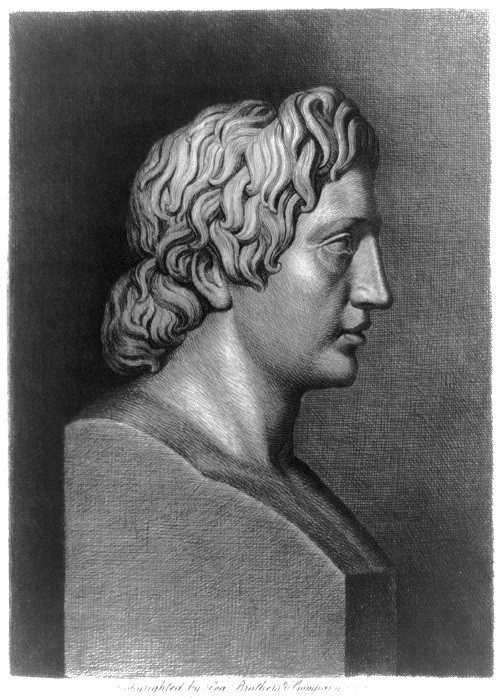New Program Reveals 10 Most Influential People in World History [PHOTOS/VIDEO]
Jesus has topped a list of the 2,000 most influential people in world history, according to a software program designed by computer scientists and a Google engineer.
The top 10 comprises mainly religious and political figures, with Jesus first and Muhammad third, and also includes Abraham Lincoln and George Washington.
The software ranks people in the same way as the Google search engine ranks web pages. It analyses web searches, page ranks, article length and book mentions, to give a numerical ranking of the historical importance of every single person who has a Wikipedia entry - estimated as the equivalent of the population of San Francisco.
Steven Skiena, professor of computer science at Stony Brook University in New York and Charles Ward, a Google engineer, say the algorithm gives a more accurate representation of history.
"We have developed computational methods to measure historical significance through analysis of Wikipedia and other data sources. We rank historical figures just as Google ranks webpages, by integrating a diverse set of measurements about their reputation into estimates of their fame, explained by a combination of achievement, gravitas and celebrity.
"We correct for the passage of time in a principled way, so we can fairly compare the significance of historical figures of different eras."
William Shakespeare is the most influential British figure in 4<sup>th place, Wolfgang Amadeus Mozart is the highest-placed musician at 24<sup>th, Elvis Presley the highest-ranked pop star at 69<sup>th, followed by Madonna (121<sup>st), Bob Dylan (130<sup>th) and John Lennon (162<sup>nd).
Despite his death and funeral dominating the news agenda, former South African President Nelson Mandela scores relatively lowly, as the 356<sup>th most influential person in history, but the 100<sup>th most famous. The designers of the programme, Who Is Bigger, say this reflects the algorithm's emphasis on the longevity of a person's reputation and their long-term fame, and the fact it gives equal weight to a person's fame and their contribution to history. Sir Winston Churchill is 37th on the list, while Prime Minister David Cameron is a mere 1,483rd.
The authors of Who Is Bigger, which is also published as a book, say their poll challenges the conventional school history curriculum, as it suggests students spend too much time studying figures whose influence in shaping modern society is relatively low.
But historians have scoffed at this, claiming the program and the list it generated are too simplistic.
The historian Anthony Beevor told The Sunday Times: "The idea that you can create an algorithm that is somehow going to give you a scientific approach to history is preposterous.
"You simply cannot calibrate history and assess it in that way. It's just a question of how they construct their algorithm and how they view their weightings."
Watch an interview with Who Is Bigger's Steven Skiena on YouTube below:










© Copyright IBTimes 2025. All rights reserved.





















